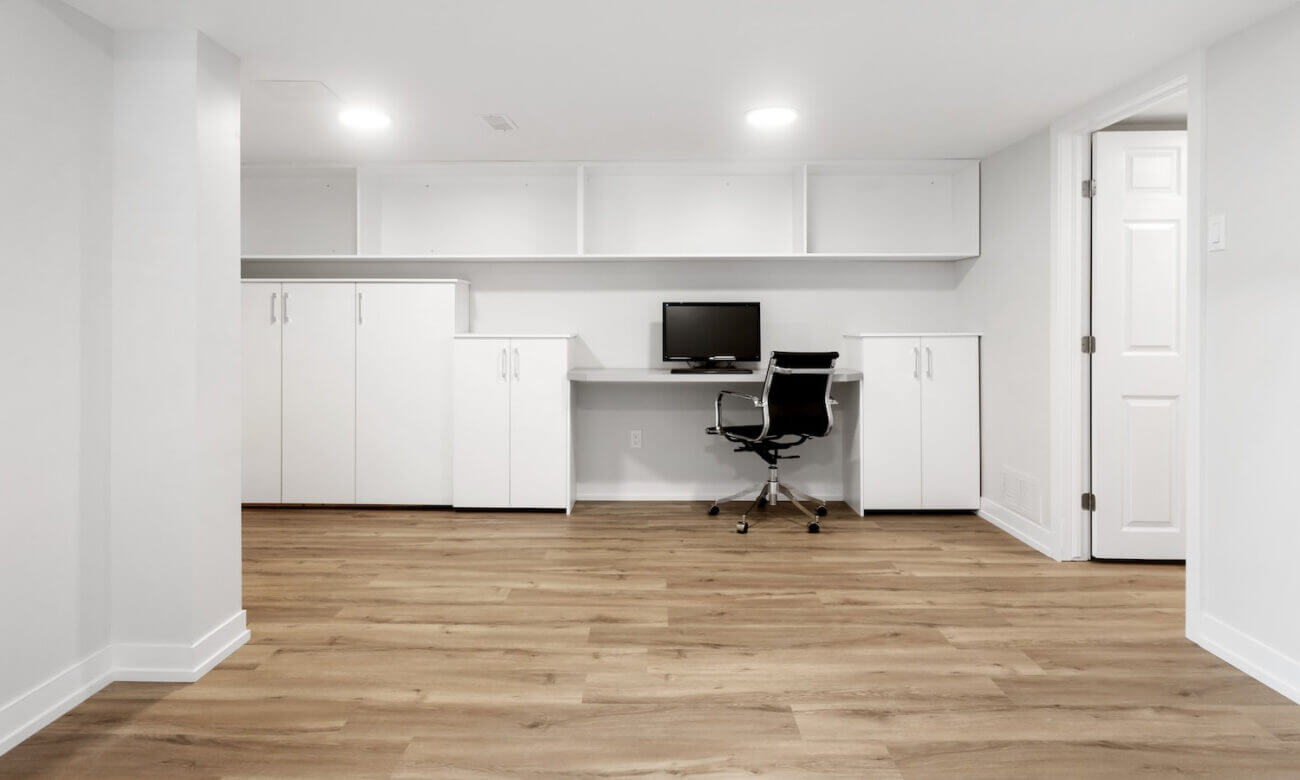What’s required for a legal secondary suite?
In Canada, the provinces and territories set their own building codes and regulations. The specific rules can vary from one province or territory to another, but most have standards and requirements that cover things like:
- Permissible location of the secondary unit
- Room size, ceiling heights and number of windows
- Heating and ventilation
- Plumbing, electrical and lighting systems
- Fire safety, including smoke alarms, and carbon monoxide detectors
- Number and location of exits and emergency escapes
Although these standards are implemented by the provinces and territories, municipalities enforce zoning and land-use bylaws that allow for secondary suites to be built. This means secondary suites may be legal in some parts of a province or territory but not in others. So if you’re buying a home with a secondary unit, or you’re planning to add one to a property, confirm what is allowed and required with your local government.
Do you need a permit?
If you’re building a secondary unit as part of a single-dwelling home, one of the most important steps is obtaining the proper permits. Permits grant you the approval to make changes to the property and certify that the work will be done safely and according to code. It doesn’t matter if you’re not doing major construction—a permit may be needed simply to change the use of the building.
Depending on the scope of the work, you may need to request permits for different components, including the building, plumbing and electrical.
What happens if you have an illegal secondary suite?
You should never create or maintain a two-unit dwelling without proper authorization. Without a permit, you may be fined, forced to end your tenancy agreement or ordered to stop construction (regardless if the demolition work is already in progress).
Being found in violation of building codes, such as fire safety standards, can also lead to prosecution and significant fines—even jail time. In Ontario, for example, a fire code violation can result in a fine of up to $25,000 and a prison term of one year. Any income you might receive from renters pales in comparison.
If you plan to buy a property with a secondary unit, you should still have the unit inspected and approved for tenant use by the municipality. If the unit was not previously authorized, and a fire or flood occurs under your ownership, you could be held responsible for building code violations.
And don’t be caught off guard by a surprise inspection. Remember that anyone can inquire and request an inspection of your second unit. It could be a neighbour or tenant, or even a city official inspecting a different unit in the neighbourhood. Protect yourself by ensuring everything is up to code from day one.


